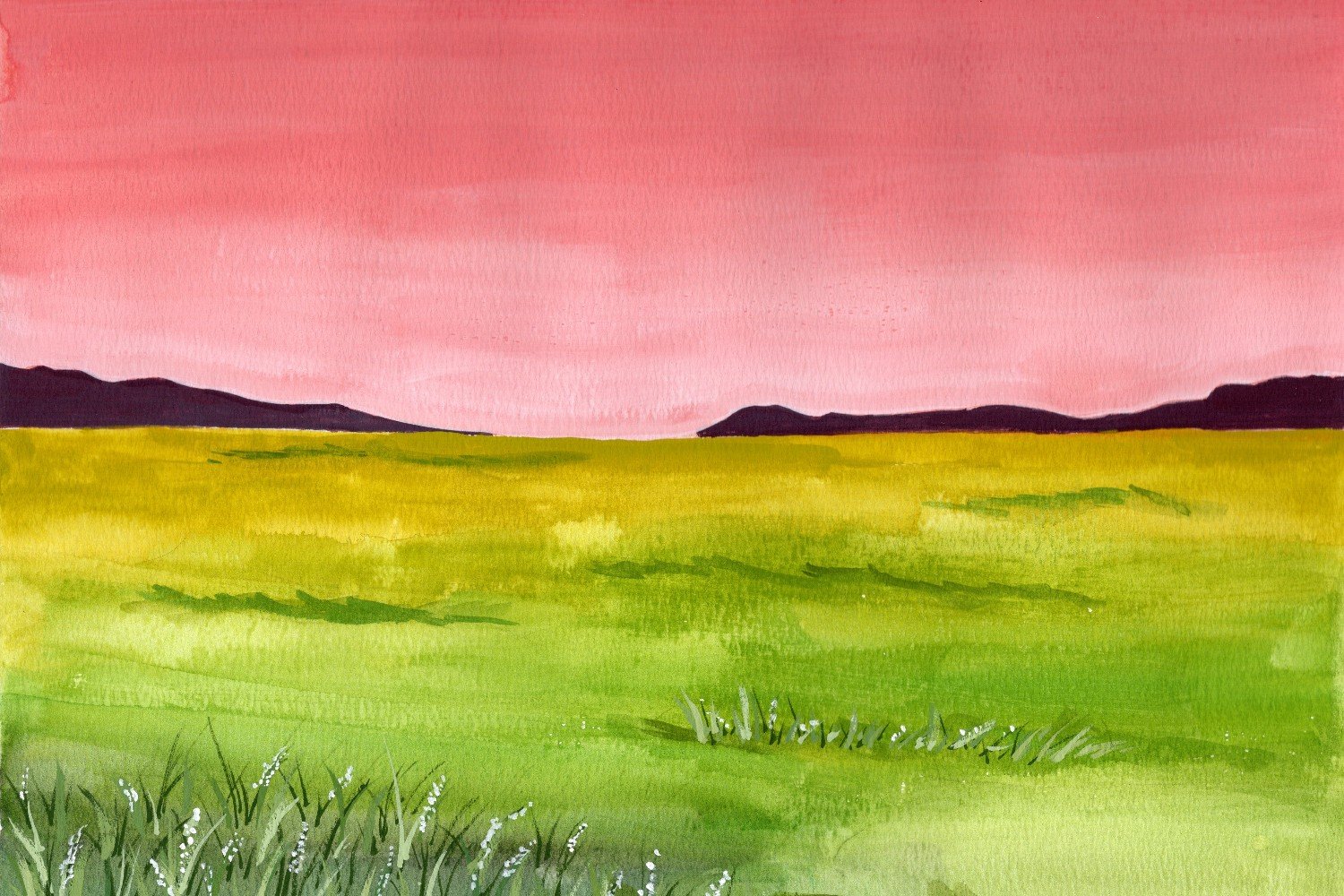How Accepting My Energy Levels Made Me Happier
Photo by TOMOKO UJI on Unsplash
I've been thinking a lot about energy management lately — that is, how much I can do with the energy I have. Ever since I started working for myself, I've felt like I needed to work at least 8 hours a day like employees do. But as a self-employed person, I have more hours of the day where I have to be "on" than as an employee. If I take longer lunches or breaks, I‘d feel like I’m “slacking off”. If I only booked one billable hour in a day, I’d feel like I haven’t done anything.
I always thought that I had to work like people who can push themselves to go all day long and into nights and weekends. My husband is like that. I worked for people like that. But I could never sustain that kind of workload even though I tried many times. Even when building my own business. When the work stacks up, I get stressed out and resentful. I thought I had to overcome that and figure out how to be a go-getter. I should be like other accountants who could work nights and weekends during tax season (with a lot of coffee). I should be like my husband who works eight-hour days outside in construction then comes home and works more on nights and weekends. I tried and wondered why I kept falling short.
Then a friend invited me to a casual Zoom discussion where the subject was mindfulness. We ended up talking about being aware of energy levels at work and managing activities that drain us. Attendees shared how they managed their week and gave themselves recovery time if they had an activity that took a lot of energy, like meeting a client or calling the insurance company. At first, I didn’t feel engaged in the discussion. I thought I didn't need this. I had my work week planned out in my calendar, and I knew what I was doing. I didn’t need recovery time.
Then I got to thinking.
The truth was, I did have energy ups and downs throughout the week. Client meetings took a lot out of me because I have to think on my feet about their situation and what works best for them. I never thought I was allowed to manage my energy instead of push through and get as much done as possible during my work hours. I always tried to do more than what my body was telling me, and I resented when I couldn’t.
Growing up, I was taught to be punctual and never miss a day of school. For a couple of years I even received certificates for perfect attendance. When I worked for other people, I treated it the same way. I got up in the morning no matter how I felt. I made it through the day whether I was tired, bored, depressed, upset, sick, etc.
I thought I should be able to do the same when I started working for myself, but I couldn’t push myself as hard. I gave myself a few days off if I got sick. I cleared my afternoon schedule if I had cramps. As my business became busier, I started to feel pressured for time, and this made my working hours more stressful than it needed to be. If I had to work late or on the weekend to catch up, I hated it and never could make myself work longer hours. Because the business learning curve is steep, I had a lot more ups and downs as a self-employed bookkeeper. I also had more stress because I was terrified of making mistakes when it came to clients.
I would have a few weeks to a month where I’d be on top of the world, handling anything that came at me and having a great time, followed by weeks where I just could. not. deal. I couldn’t remember if I had days like this when I was working for someone else -- I went to work whether I liked it or not. I wondered if the fatigue was a sign of aging or a symptom of other medical issues.
It didn’t seem like I worked so many hours that I should have such problems. But it was also true that I tended to have a lot of anxiety, which meant I could use up a lot of energy without having done a lot. In our work culture that is all about working hard, getting ahead, and pursuing your passion, it’s been hard to accept that I may have limits to how much I can work — if I want to be happier and not deal with fatigue that lasts for days or weeks.
After that Zoom discussion, I started paying more attention to my energy levels in real time. I didn't want to get to a point where I had so little reserves left that everything seemed overwhelming and I dragged myself through the week.
I noticed that my energy was highest and my mind most clear in the morning, and I start to fade around 4-5 pm, when I couldn’t focus anymore. I noticed that it helped refresh my mind and body to walk around the block once an hour (when my FitBit tells me it's time to get off my butt and walk 250 steps), or for half an hour during the day. I noticed that I needed ten to fifteen minutes of down time between different tasks to switch gears. I learned to stop working for the day and rest when I’m no longer productive rather than push on for diminishing returns. I learned that I’m happiest when my days aren’t completely full, and I can relax and do things at my own pace.
When I don’t have enough energy, things that normally feel fun and relaxing, like painting and writing, start to feel like chores. That tells me it’s time for some unstructured rest — which for me may be watching TV, taking a nap, or playing video games.
A month later, I’ve found that my energy levels are much more stable because I’ve allowed myself to rest as I need it rather than have peaks and valleys. I have more days where I’m productive and not feel like I’m dragging myself through mud. I’m happier, too, because I’m working with my natural rhythms instead of against them.
I know I’m privileged to be in a situation where I can pay attention to my energy levels and work with them, and that not everyone is so fortunate. But I also thought I didn’t have the luxury to do that only a month ago, and the truth is I did. I don’t see it so much as a luxury but as a necessity, because making myself work harder and longer has never been sustainable. I’m not sure they’re sustainable for other people, either, considering how much people in our society need caffeine to keep going during the day and alcohol to relax in the evening (or harder drugs). I’d rather take a little longer to reach my goals and be happy while getting there.































